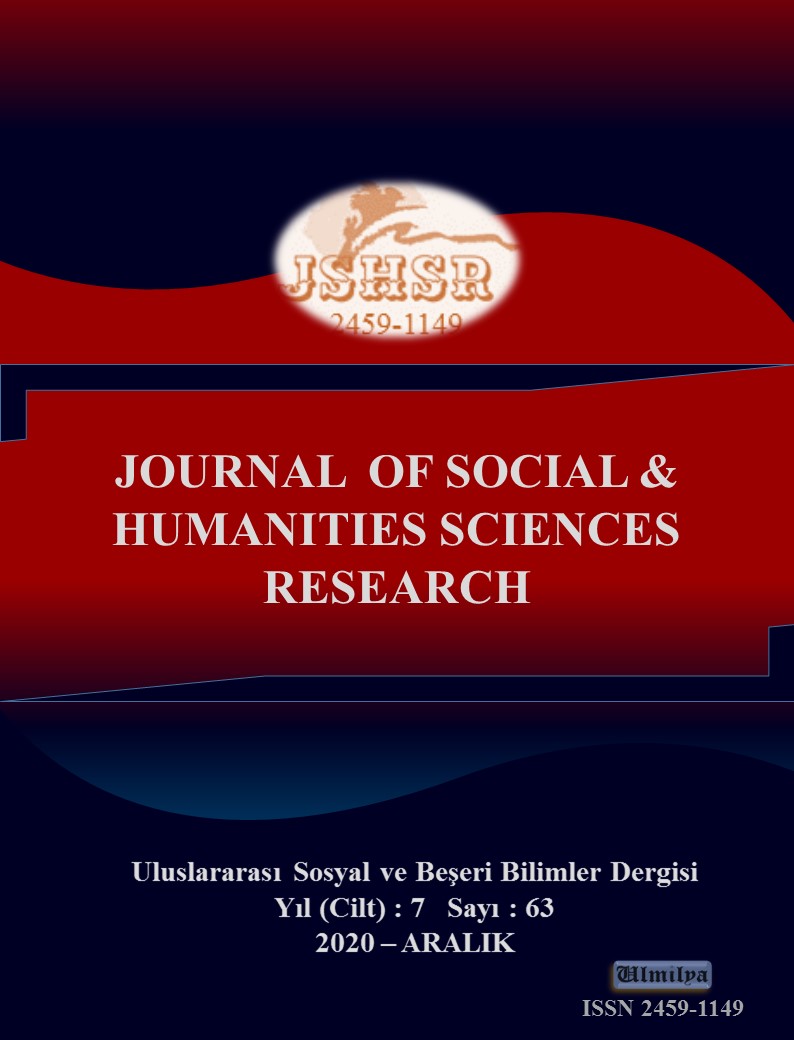EFFECTS OF QUARANTINE APPLICATIONS ON HUMAN PSYCHOLOGY AND LIFESTYLE IN THE COVID-19 PROCESS
DOI:
https://doi.org/10.26450/jshsr.2216Keywords:
Covid-19, Lifestyle, Psychology, Physiology, PandemicAbstract
The corona-virus infection (Covid-19), which started in China in the last months of 2019 and spread all over the world, was announced by the World Health Organization (WHO-WHO) as "epidemic disease that spreads in more than one country or continent in the world and shows its effect in a very wide area". was accepted and named as PANDEMIC.
During the Covid-19 pandemic process we are in, curfew restrictions, social distance rule, social isolation, quarantine, travel bans, change in working hours, distance education and working from home practices, which are applied by governments to protect the health of the public, have caused changes in our lives.
The pandemic process forced people to stay in their homes longer than before as a result of the restrictions and quarantine conditions, and this started to change people's consumption habits and lifestyles.
The rule that "every epidemic erases old things, builds new perspectives and lifestyles" requires learning and knowing the effects of the pandemic process on physiology and psychology.
Covid-19 seriously affects physiology due to irreversible tissue and organ damage. Psychologically, it causes anxiety (anxiety), stress and behavioral disorders in patients and large masses. But for those who evaluate it correctly, Covid-19 is a situation that repairs psychology, making life safer, hygienic, careful and more disciplined.
The epidemic has shown that street-based life and socialization that we are used to is not safe, and it has brought perspectives, thoughts, lifestyles and habits to new normals. In this study, the effects of quarantine practices in the Covid-19 process on human psychology and lifestyle were investigated.
Downloads
Published
How to Cite
Issue
Section
License
Copyright (c) 2020 INTERNATIONAL JOURNAL OF SOCIAL HUMANITIES SCIENCES RESEARCH

This work is licensed under a Creative Commons Attribution 4.0 International License.


